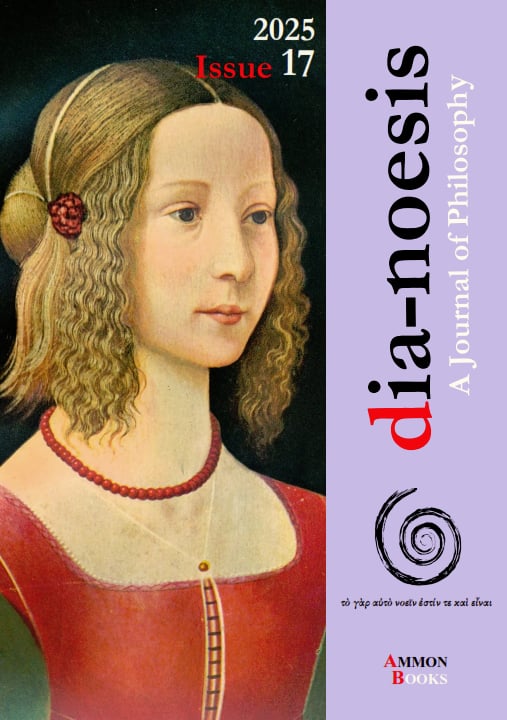Reconstructing Hypatia

Abstract
Hypatia has gone down in history as the female philosopher who was murdered by the angry fanatical Christian mob in Alexandria and signaled the end of the free thinking and expression of the ancient world, including the philosophical and scientific activities. This article aims at the reconstruction of this quasi-mythical quasi-historical woman based on the available information of the philosophical material of her famous student Synesius, as well as on the works of her contemporary astronomers and mathematicians. The texts used are the Commentary of her father and collaborator, Theon, on the Almagest of Claudius Ptolemy, the work Arithmetica of Diopantus and the Commentary of Eutocius on the Conics of Apollonius of Perga. After the study of the recent research of historians of science, I present here my suggestion concerning the unknown ontological system of Hypatia as well as a working hypothesis about the possible presence of Hypatia’s ideas in the later published Commentary of Eutocius. Lastly, I conclude to a philosophical and scientific profile of Hypatia and I give some comments regarding the widely accepted anti-christian and feminist profile of her.
Article Details
- How to Cite
-
Dendrinos, M. (2025). Reconstructing Hypatia. Dia-Noesis: A Journal of Philosophy, 17(1), 9–40. https://doi.org/10.12681/dia.41703
- Section
- Articles


